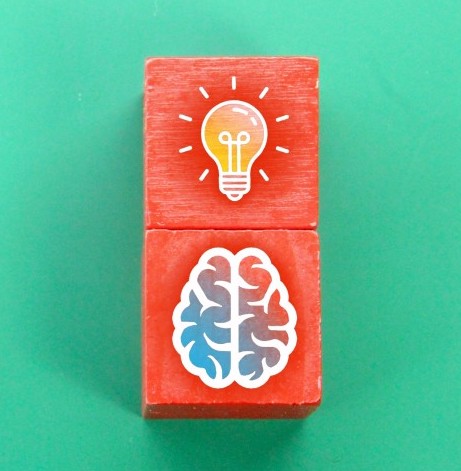
Staying connected as kids approach the teen years and become more independent may become a challenge for parents, but it’s as important as ever — if not more so now. Read more >>
Request an Appointment
English: 650.688.3625
Medi-Cal: 650.688.3650

Staying connected as kids approach the teen years and become more independent may become a challenge for parents, but it’s as important as ever — if not more so now. Read more >>

How to Talk to Your Kids About the Situation in Ukraine
written by Liza Bennigson, Associate Director of Marketing and Communications Last night, my daughter snuck upstairs to say (another) goodnight as I was curled up on the couch, watching the news. While I did manage to quickly hide my secret Read more >>

The Teen Brain: What Are They Thinking?
Our brains develop from the back to the front. The prefrontal cortex — important for impulse control, managing emotions, planning, organization and finishing tasks — is the last to develop, and is not fully mature until our mid-twenties. How does Read more >>

How to Talk to Kids About Gender
Discussing gender can help kids feel more confident in themselves and supported by their parents and caregivers, says Dr. Christy Olezeski, director of Yale’s pediatric gender program, which helps people ages three to 25 who are grappling with questions about Read more >>

Affirming, Gender-Expansive Children’s Books
When is the right time to talk to children about gender identity and gender expression? Children internalize messages about gender from a very young age, so it’s never too early to start. If you’re feeling unsure about how navigate these Read more >>

How Does The Teenage Brain Make Decisions?
Teenagers often make risky choices that appear absurd in the eyes of their parents. But neuroscientist Adriana Galván says these decisions are critical for adolescent brain development. Read more >>

Brainstorm: The Power and Purpose of the Teenage Brain
Between the ages of 12 and 24, the brain changes in important, and oftentimes maddening, ways. It’s no wonder that many parents approach their child’s adolescence with fear and trepidation. According to renowned neuropsychiatrist Daniel Siegel, if parents and teens Read more >>

Perhaps you’ve heard that adolescent behavior is governed by “raging hormones,” or that adolescents are impulsive because they are “immature.” Neither of those are accurate. What is actually on is the remodeling in the brain. In this engaging 4-minute video, Read more >>

The Evolutionary Advantage of the Teen Brain
Teens. OMG. What on earth is going on inside their brains to make them act so, well, like crazy teenagers? The mood swings, the fiery emotions, the delusions of immortality, all the things that make a teenager a teenager might Read more >>

Teen Brain: Behavior, Problem Solving, and Decision Making
Many parents do not understand why their teenagers occasionally behave in an impulsive, irrational, or dangerous way. At times, it seems like teens don’t think things through or fully consider the consequences of their actions. Adolescents differ from adults in Read more >>
English: 650.326.5530 | Español: 650.688.3650 | Fax: 650.688.3669
English: 650.326.5530
Español: 650.688.3650
Fax: 650.688.3669
English: 650.668.3625 | Español: 650.688.3650 | careteam@chconline.org
English: 650.668.3625
Español: 650.688.3650
careteam@chconline.org
© 2024 Children’s Health Council. All rights reserved.
CHC Palo Alto: 650 Clark Way, Palo Alto, CA 94304 | 650.326.5530
CHC South Bay: 2280 Kenwood Avenue, San Jose, CA 95128 | 408.831.7512
CHC Ravenswood: 1765 E Bayshore Rd, East Palo Alto, CA 94303 | 650.702.2487
CHC Palo Alto:
650 Clark Way, Palo Alto, CA 94304
650.326.5530
CHC South Bay:
2280 Kenwood Avenue, San Jose, CA 95128
408.831.7512
CHC Ravenswood:
1765 E Bayshore Rd, East Palo Alto, CA 94303
650.702.2487